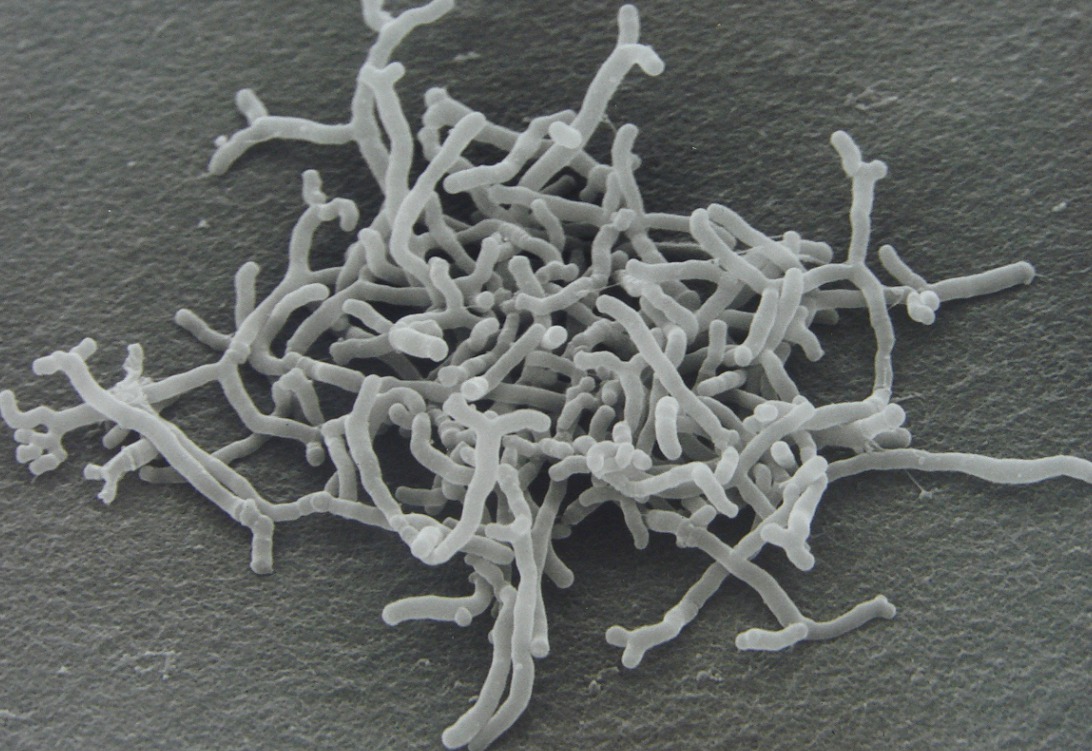
2021.1.8
“Food and Nonanthropocentric Concerns”
Mr. Tatsushi Fujihara, Historian
At the beginning of The Omnivore’s Dilemma, food journalist Michael Pollan writes that the expansion of the food industry had the adverse effect of complicating how we choose our food. In modern societies, we are inundated with options for what to eat, a plethora of advertisements jockeying for our attention every meal of every single day. In order to break out of this disjointed relationship toward food, Pollan hunted and butchered feral pigs and foraged for mushrooms, exploring a more primitive approach to food through hunter-gatherer methodologies.
But another, equally viable way of overcoming our passive relationship towards food is to take that passivity to its logical extreme. We use the verb “eat” to describe the process where the remains of animals or vegetables are mixed together and transformed, by means of heat and cutlery, into something that we put into our mouths, tear with our teeth, savor with our tongues, and swallow. However, when human beings say “I am eating” to describe such a process, I think we downplay its complexity.
First of all, we are not the only subjects of this sentence, the only ones doing the eating. With foods like miso, soy sauce, yogurt, and cheese, countless microbes have begun their feast before us. In other words, when we take a bite out of the plant or animal remains that we call food, dressed up with all kinds of different flavorings, in large part thanks to microbes, it would be fair to say the microbes are eating the food with us. Fermented foods aside, microbes can also enter our system by rubbing off the hands of cooks onto the foods that they prepare, and are awaited by literally trillions of other microbes in our gut, hoping to devour whatever is spared by our alimentary functions.
Second of all, we are not simply eating (alongside these microbes) of our own volition. Something is compelling us to eat. When we start craving a fiber-rich baked sweet potato, is this prompted by our own desire, or by the desires of the microbes resident in our intestines that subsist on fiber? Zooming out even further from our usual conception of eating, we find that human beings are no more than an ecosystemic conduit: the food we put into our mouths comes out the other end as food for other organisms. In a sense, eating is how we actively participate in the food chain passing through our bodies.
Perspectives like these can alert us to the arrogance of discussing the act of eating in anthropocentric terms. Eating depends on the input of multiple players, including but not limited to the agricultural, fishing, and food service industries, making it an inherently collective behavior, but this “collective” extends far beyond human actors. If we really ask ourselves what it means to be part of a collective, we’ll realize that even when we let the cooking shows or advertisements dictate what we eat for dinner, we frame the act of eating around human needs.
Thus, by relinquishing our status as the subjects of the action, and recasting ourselves as passive objects, we stand to gain a new perspective on the endlessly fascinating world of food. One might even say that this shift in perspective is the very thing we need not only to tackle questions of food, but to unravel the rigid beliefs that show up in so many areas of our lives.
Translated by Sam Bett
